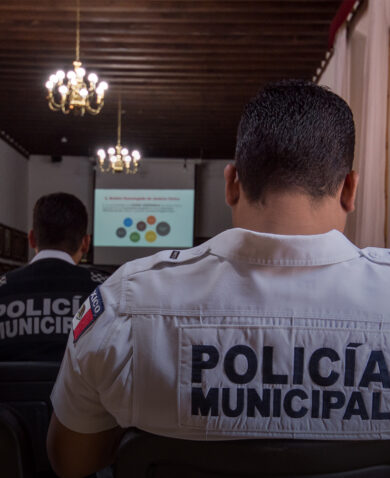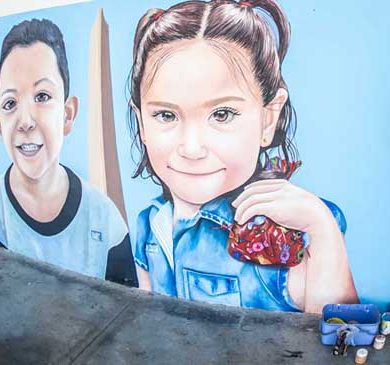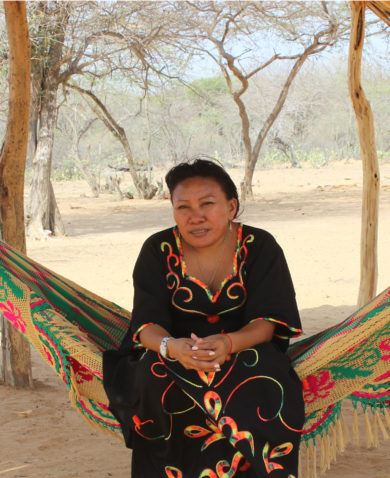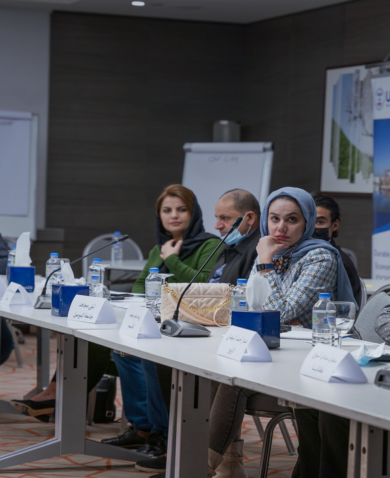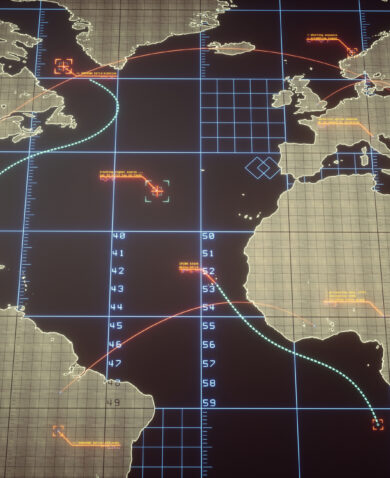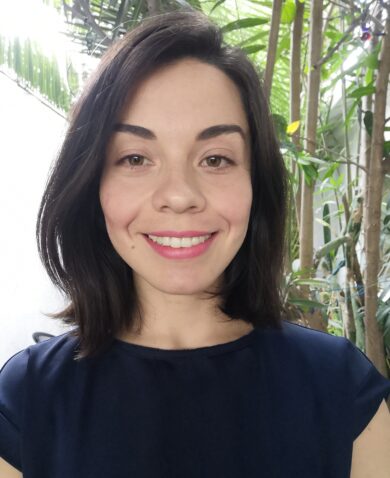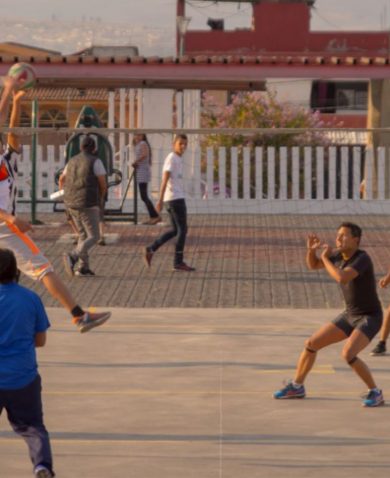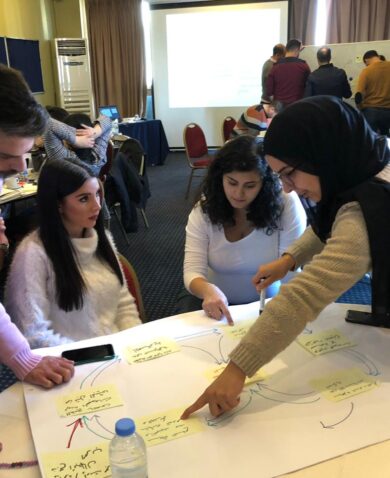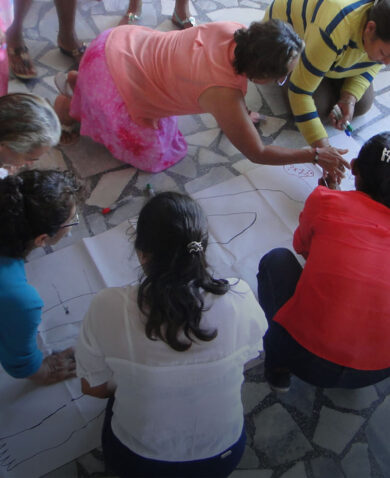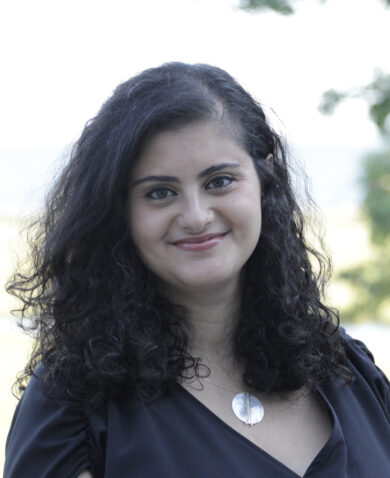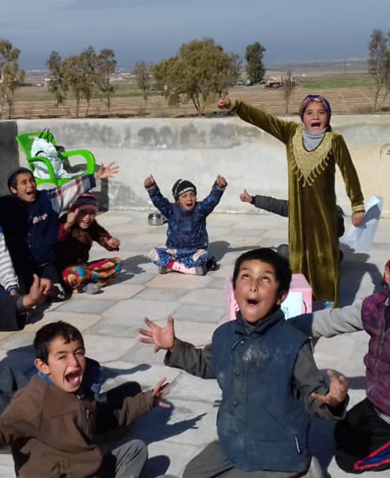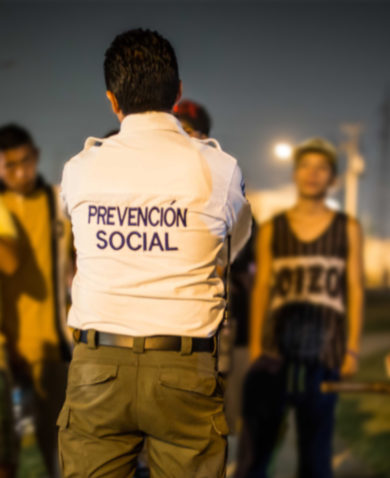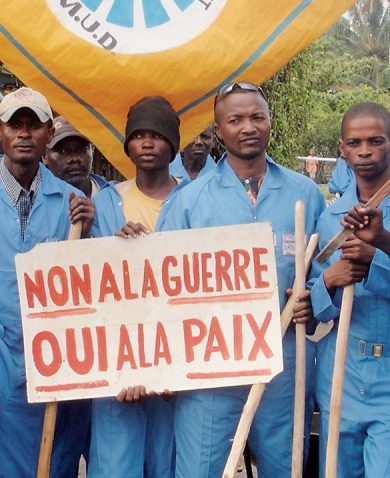
Neuroscientists, Geneticists and Cultural Theorists Bring New Tools and Perspectives to Conflict Studies
November 2, 2022 | < 1 Minute ReadWith war on the rise for a decade, King's College London has gathered a team of experts from fields not typically associated with war research. The hope is that novel approaches might lead to new insights into the roots of violence, and also suggest pathways to peace.
This post originally appeared on XCEPT, a programme which Chemonics is a leading partner.
More than thirty years after some scholars wondered if the end of the Cold War might herald the end of war as we know it, humanity is fighting at least 27 armed conflicts, more than at any time since the Second World War.
Two billion people, one out of every four humans on Earth, live in a conflict zone. Russia’s invasion of Ukraine in early 2022 drove the number of people displaced by fighting to over 100 million: the most since the United Nations began keeping records.
With violence worldwide worsening for a decade, the UK aid-funded Cross-Border Conflict Evidence, Policy and Trends (XCEPT) research programme has gathered a team of King’s College London (KCL) researchers from a diverse array of disciplines not often associated with war studies. The idea is to employ new tools, techniques and perspectives to answer some of the most complex questions surrounding the roots of human conflict, including: Why does one person turn to violence in response to a traumatic event and another to peace?…Read the full blog post on XCEPT’s website.
*Banner image caption: Captured image of XCEPT’s animation video showing two different people facing a conflict zone.
Posts on the blog represent the views of the authors and do not necessarily represent the views of Chemonics.



